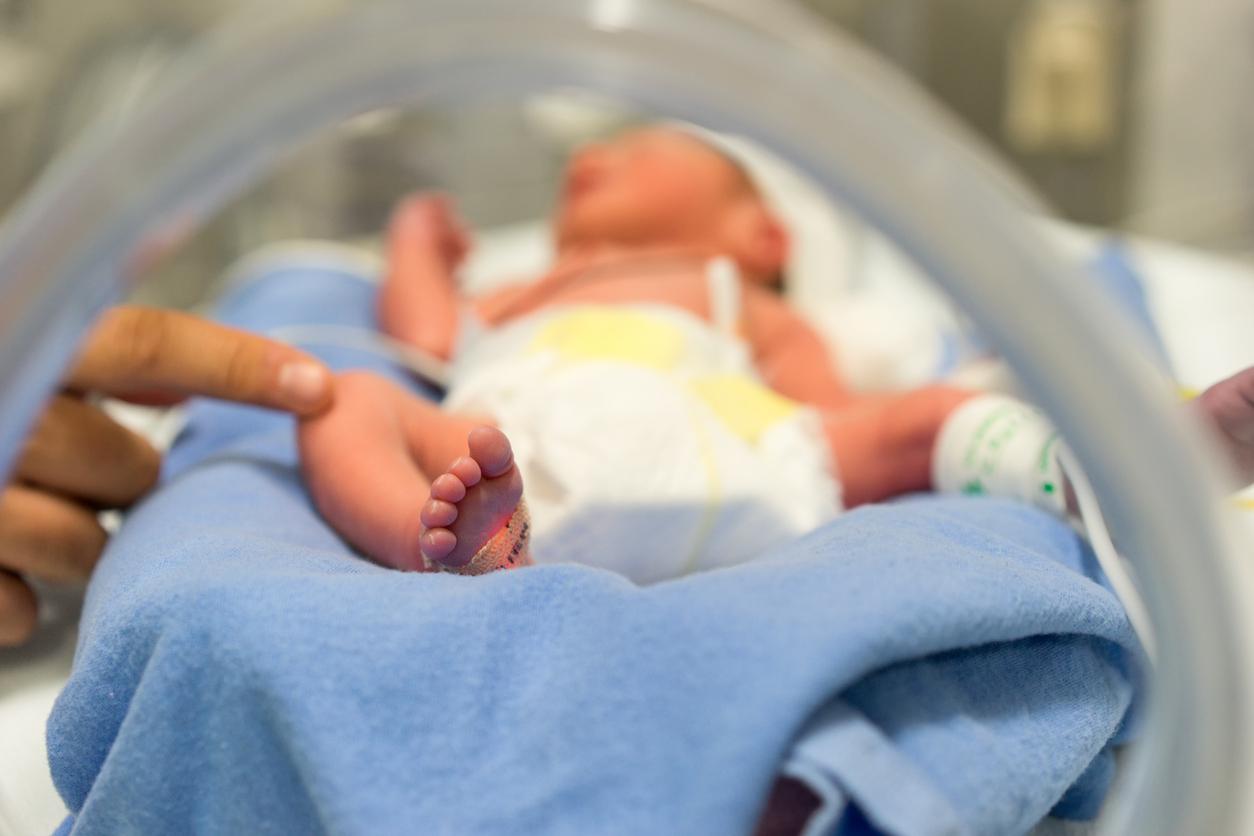A new study shows for the first time an association between exposure to per- and polyfluoroalkylas (PFAS) and an alteration of the placental function.

- Using a 367 mothers cohort, the researchers found an association between exposure to 3 pfas and an alteration of the structures essential for exchanges between maternal blood and the fetal vascular network.
- “Concretely, these alterations suggest a less good infusion of the organ and a decrease in exchanges between the mother and the fetus, which can lead to a drop in oxygen and nutrient intake,” explains the Inserm.
- The team of researchers now wishes to confirm these results with a larger -scale study.
4,000? 6,000? 10,000? 14,000? The number of PFAS (per- and polyfluoroalkylas) existing is unknown. What we are sure, however, is that these eternal pollutants are omnipresent around us, to contaminate the drinking water that we drink. Several researchers alert to the dangers they represent: increased risk of kidney cancer, disturbance of the immune system, increase in cholesterol, infertility or growth retardation. In a new study carried out by Inserm, the Grenoble Alpes University (UGA), CEA and the Grenoble Alpes University Hospital Center (CHU), researchers have examined the impact of these pollutants on the placenta. The results were published on January 30, 2025 in the journal International.
PFAS: an alteration of blood exchanges between the mother and the fetus
“” “The placenta is an essential organ during pregnancy which makes the link between the mother and the fetus and allows, among other things, the exchanges of gas and nutrients”Recalls Claire Philippat, co-deeper with the study and researcher at Inserm. Knowing that several studies have associated PFAS at the risk of giving birth to babies with low weight or that the mother suffers from hypertensive disorders during pregnancy, the team of scientists wanted to study the mechanisms that could explain some of these effects.
Using a cohort of 367 mothers recruited between 2014 and 2017 in the Grenoble region, they studied the effects of 13 pfas on placental health. Result: out of these 13 substances, three of them were associated with “an increase in percentages of villi with syncytial nodes”, That is to say an alteration of the structures essential for exchanges between maternal blood and the fetal vascular network. “” “Concretely, these alterations suggest a less good infusion of the organ and a decrease in exchanges between the mother and the fetus, which can lead to a decrease in oxygen and nutrient intake contributions”Explains the Inserm in a press release. However, these deregulations are associated with growth delays in utero and the risk of the development of pre-eclampsia … The loop is complete!
7 pfas associated with a decrease in the weight of the placenta
Another discovery: in women with a high concentration of seven PFAS, a decrease in the weight of the placenta has been observed. “” “However, several studies suggest that a decrease in the weight of this organ may indicate that its functions are compromised, affecting the development of the fetus”Recall Inserm experts.
“” “Our study is the first to have specific histological markers, which account for the structure of the placenta, Comments Claire Philippat. These markers provide elements on the mechanisms by which PFAS could affect placental health.»
The team now wishes to redo this study on a larger scale to confirm these results.

















